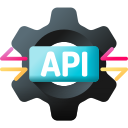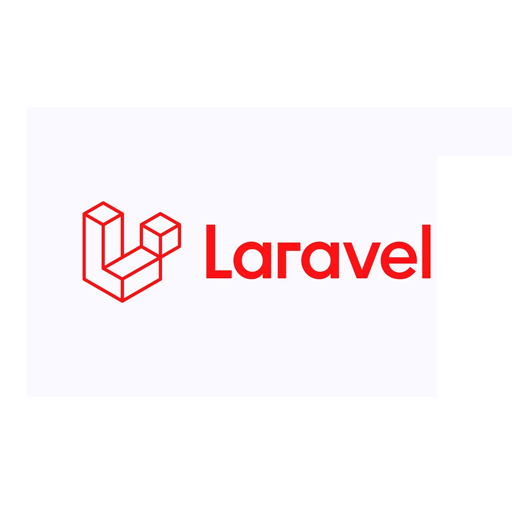
At Techcmantix, we specialize in creating powerful and scalable APIs using Node.js — the technology trusted by global brands for speed and performance. As a leading Node JS API development company in Trichy, we help businesses connect their web and mobile apps seamlessly through high-performance APIs.
Our team builds RESTful, GraphQL, and real-time WebSocket APIs that ensure smooth communication between your applications. Using frameworks like Express.js, NestJS, and Hapi, we deliver APIs that are fast, secure, and easy to maintain.
Whether you need to integrate third-party services, power data-driven apps, or scale your existing systems, our Node.js experts design flexible and reliable solutions that grow with your business.
With optimized architecture, clean coding practices, and advanced tools like Socket.IO, we make sure your APIs handle heavy traffic effortlessly — giving your users a smooth and responsive experience.
Let’s build the backbone of your digital success with robust Node.js APIs crafted for performance and reliability.


NodeJS's event-driven, non-blocking I/O model excels in handling concurrent requests and data-intensive tasks, enabling high traffic volumes and swift user responses in APIs.


NodeJS enables flexible scaling of APIs and supports a modular architecture for easy feature customization, enhancing adaptability.


NodeJS APIs seamlessly communicate with platforms or devices via HTTP, HTTPS, or WebSocket protocols, supporting JSON and XML formats for versatile data exchange.





Node.js is built on the high-speed V8 engine and uses a non-blocking, event-driven model, allowing it to efficiently handle many simultaneous requests. That makes it ideal for fast, lightweight API development.
Node.js APIs scale exceptionally well thanks to its event-driven, single-threaded architecture. With its small memory footprint, you can deploy and expand effortlessly as demand grows.
Absolutely! Node.js enables full-stack JavaScript development—so teams can share logic, models, and tooling across both client and server, boosting productivity and simplifying the codebase.
Express.js is the de facto standard for building RESTful APIs on Node.js, and it powers the MERN, MEVN, and MEAN stacks. It’s minimal, flexible, and well-supported.
Key practices include: Organizing code with clear routes/controllers/services separation Proper HTTP methods and status codes Route versioning, middleware for security, and centralized error handling Documentation via Swagger or Postman
Implement HTTPS, authenticate using JWT or OAuth, apply rate-limiting, set security headers with Helmet, sanitize inputs, and version your API to retain compatibility.
Use logging tools like Winston or Morgan, monitors like New Relic or Datadog, clustering for multi-core use, caching (e.g., Redis), and circuit breakers like Opposum to handle external service failures gracefully.
Stick to MVC or modular patterns (separate routes, controllers, services, models), use ESLint for code consistency, manage configs with dotenv, write tests, and maintain good documentation.
“Express is still the most popular option … because of its ease of use, adaptability, and extensive ecosystem.” Developers value Express's reliability, simplicity, great documentation, middleware support, and community resources.
“Building an API isn’t just about writing endpoints—it’s about making sure it scales, stays fast, and doesn’t become a nightmare to maintain.” Some developers opt for stacks like Node.js + Fastify for speed and simplicity, deploying on platforms like Railway, and leveraging MongoDB Atlas, Redis, AWS Lambda, and EventBridge for robustness.